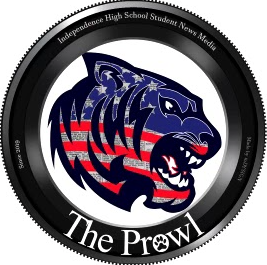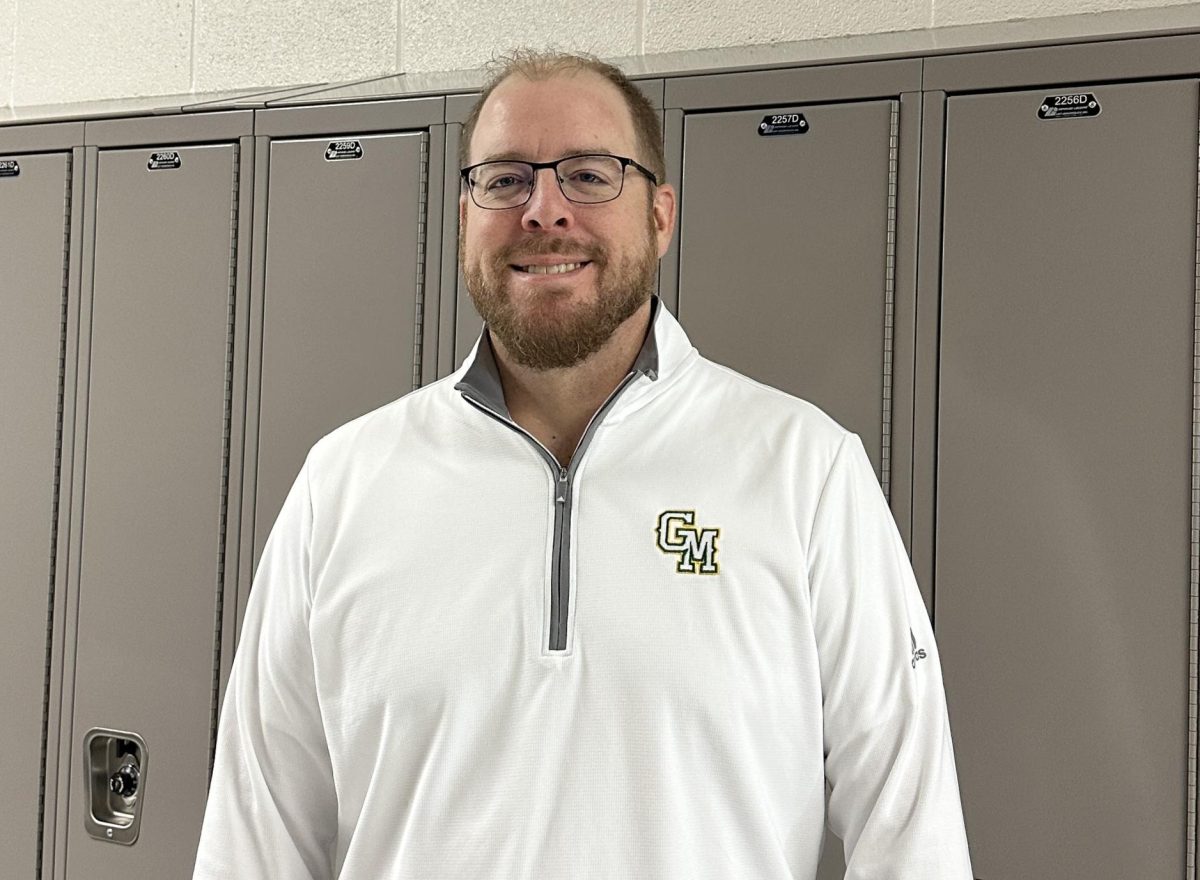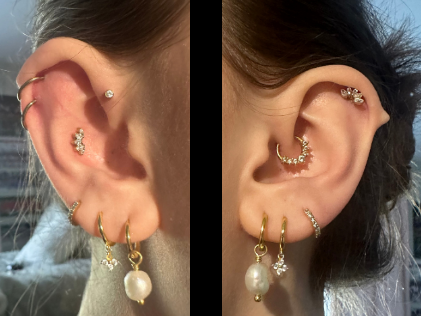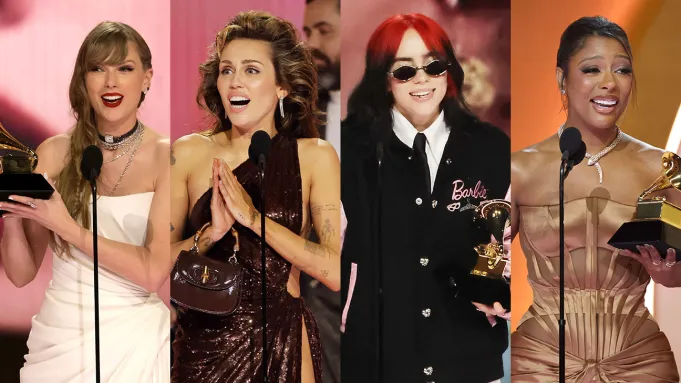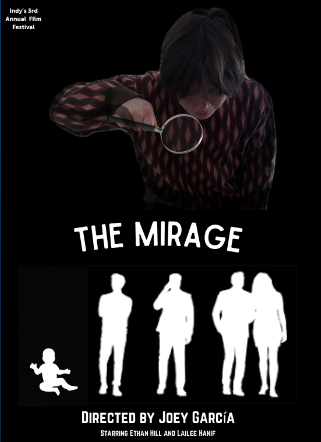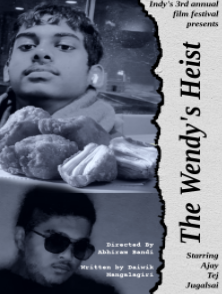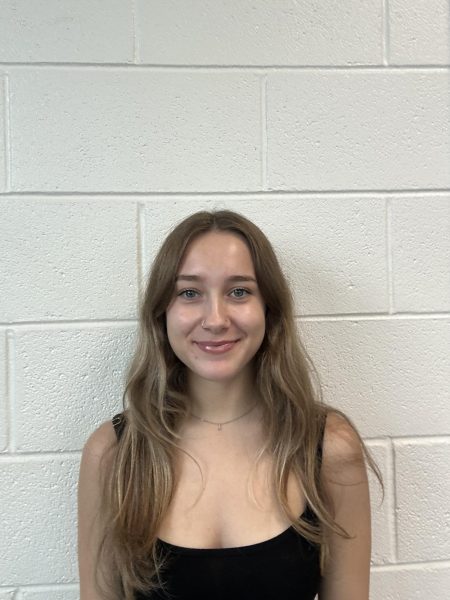Q: What classes do you teach at Independence? Why did you decide to teach in the science field?
A: “I teach earth science, conceptual physics, and geospatial science. I’ve taught mostly earth science before I got to Indy. When I first started teaching I was teaching special education and I had to pick a subject that I wanted to get my license for. As a special education teacher you kind of teach multiple classes with other teachers but for the most part it was always earth science and now I’m trying to teach some upper level classes. In college I majored in science and had a double minor in meteorology and earth science so I ended up getting my license in earth science.”
Q: Why did you decide to pursue teaching?
A: “After college I did a bunch of random jobs. I worked at restaurants, I had a couple different temp jobs, and then I went back to my old high school to see if any of my teachers were there. While I was talking to them they said they needed an assistant varsity basketball coach and they knew I had played in high school so they hired me as a basketball coach. Then I started substitute teaching and they said “if you like this then keep coaching and go take classes for your teaching license.” So I started doing that and I just got hooked.”
Q: What’s the best/worst thing about teaching?
A: “The best thing I’d say is all of the interactions with students and having fun and getting to know people. The worst thing I would say is just all of the busy work that comes with it like planning, grading, and all that. It gets better as you teach longer because you’ve already developed lesson plans and everything so it does get easier but no matter what I do I still have to do a lot of work at home. I wish I had more time to get work done at school but it’s alright.”
Q: How do you make connections with your students?
A: “From kindergarten to 12th grade I attended six different schools. My dad was in the navy so we moved all over. I lived in Rhode Island, Florida, California, Italy for 3rd and 4th grade, so I’ve been to a bunch of different schools. I played guitar for 25 years, I played multiple sports, but I also got into video production and theater and movie production in college. So I think my interests and my knowledge are in many different areas which helps me relate to a bunch of different kids. Plus I’m kind of outgoing and a little bit of a talker so I think that helps me get to know people and joke around and stuff.”
Q: If you could pass on any wisdom to your students, what would it be?
A: “Try to develop the best habits you can before you get out of high school. I was able to get through high school without studying very much because I was able to pay attention in class and do well on tests and quizzes. There’s a lot of kids that do that but then once you get to college level or post high school, even if it’s a job, you can’t rely on your ability to just wing it and do it the easy way. It’s really hard to change and all of a sudden be a really good student and learner. I don’t think people realize how much less support you get when you leave high school. In high school, if you don’t show up on time people bother you like, “you have to get here on time,” but in college they have your money so they don’t care what you do. They’re like, “you paid us, you could not show up at all if you wanted to.” That, and learning how to use and save money. That’s the biggest thing. Even if you don’t like math you should know how much money you have and how you’re going to spend it. Within a couple years of getting out of college, I was broke and I lived in the worst little apartment in northern Virginia with gunshots at night because I didn’t save enough money when I was working to be able to move where I wanted to. Save money and develop good habits no matter what you do after high school because parents, counselors, and teachers will not be there anymore and you have to do it on your own.”
